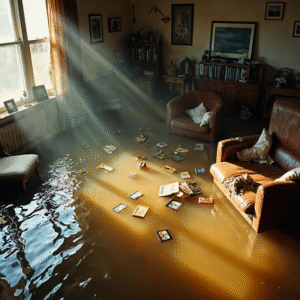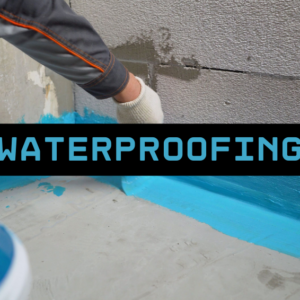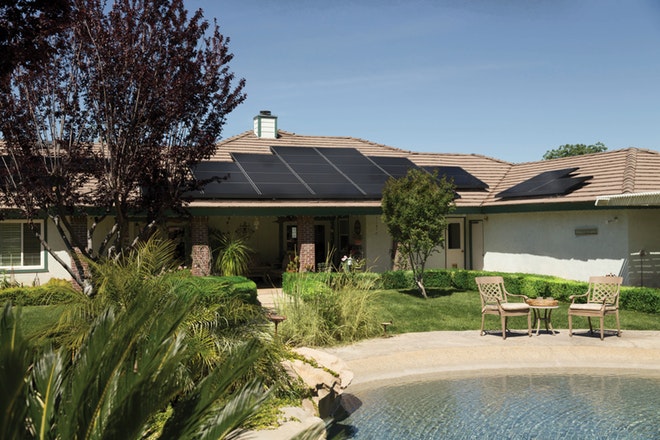Winter is coming. It’s basically always coming. You don’t have to be a Game of Thrones character to know that.
Protect your castle with the following frost-fighting tips
Check your heating system
Sometimes the most obvious things are also the most important. And nothing is more obvious in winter like the importance of having a well-functioning home heating system.
Even when it’s not cold out, it’s a good idea to test the heat regularly and pay close attention to any odd noises or issues with the thermostat. Don’t forget to change your filters, too. You might want to consider making an annual maintenance agreement with an HVAC professional to avoid nasty surprises and last-minute repairs.
Worst case scenario, you may have to buy a whole new furnace. It doesn’t matter if you live in rugged Colorado or toasty Arizona, you can get furnace installation in Englewood or Flagstaff year round with ease. Don’t wait until the last minute.
Seal everything up tight
Making your home all cozy and warm is no good if there’s too many places for that warmth to get out and the cold to get in. Preventing that will save you a nice chunk of change and ensure that your heating bill isn’t a waste of money.
Inspect the exterior and interior walls of your home, especially the attic and basement. Keep an eye out for cracks, holes where pipes pass through, and water damage from ice dams. Plug up gaps in door and window frames with caulk, then add weather-stripping. Insulate power outlets and light switches by removing their plates and applying foam sealers.
Since your home is going to be closed up so tight, now is a good time to test your smoke and carbon dioxide detectors. Having less ventilation in your home will stave off the chill, but it can also escalate a precarious situation to all-out danger.
Prepare your plumbing
One of the worst and most expensive damages that winter can inflict on a household is frozen pipes. It’s not just that you won’t be able to run yourself a soothing bubble bath. When water freezes, it expands, and that can cause pipes to burst.
For exterior faucets, drain the line by shutting off the connecting water valve and then opening the spigot so any drops left inside can trickle out. For interior plumbing, wrap any exposed pipes with foam insulation. If you have pipes in rooms that don’t get much heat, you might want to buy a small space heater, though it’s recommended you keep it plugged into a GFCI outlet and check on it regularly.
If worst comes to worst and you suspect your pipes are frozen but they haven’t burst yet, act fast. Don’t try to solve the problem yourself. Call a professional plumber immediately.






